Improve Your Recorder Technique
The most effective help guide perfecting recorder technique
Dream of mastering the recorder? A strong technique is key for any musician to boost efficiency and avoid issues. Mastery of this skill is not just helpful—it’s crucial. This brief guide, drawn from our Beginner’s Guide To Learning Recorder series, offers the essential tips to kick-start your improvement. Dive in to discover the secrets!
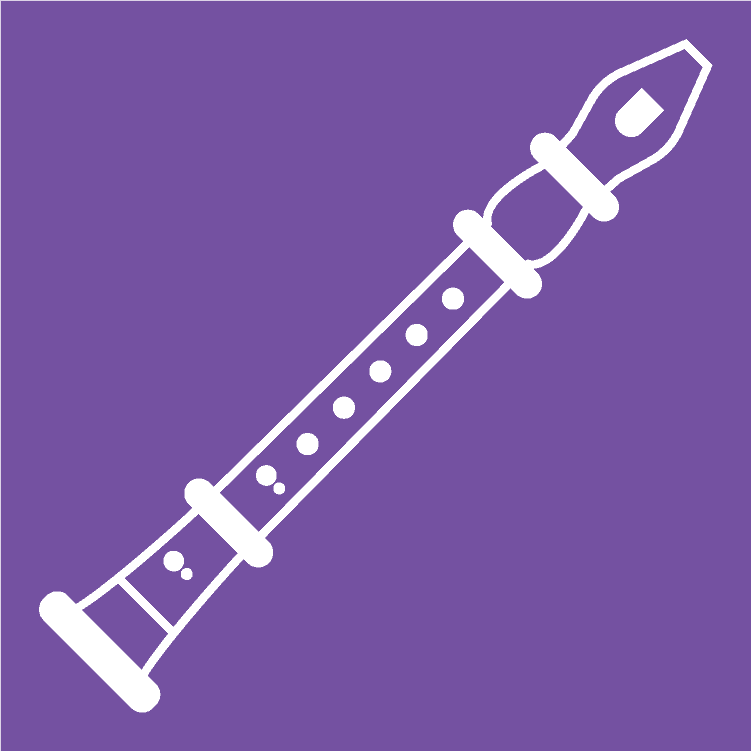
Daily Exercises
Many exercises are essential to gain a proper technique. Once you master these exercises, you’ll be able to play almost anything. That sounds like a grand statement – but don’t underestimate the word ‘master’!
If you work enough, you’ll be able to look at a section of music and be confident enough to learn it quickly. For each exercise, there is a specific way to practice it. Your practice is only as good as your form while you practice. So be disciplined about it, as practising exercises wrong is a complete waste of time! We have three key exercise categories that will help you…
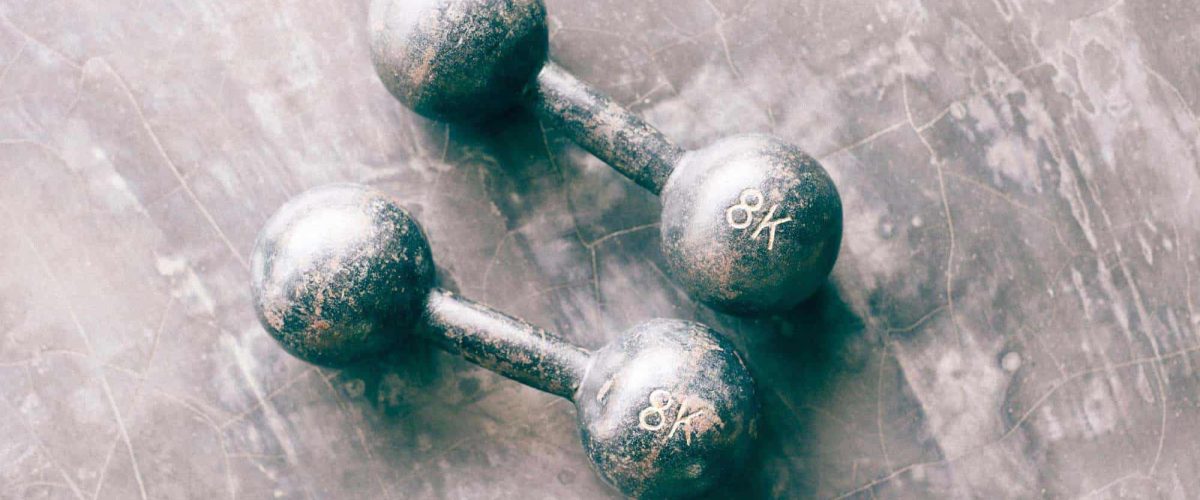
1. Tone Exercises
If you would love to have a beautiful clear tone on your recorder then long note exercises will be your new best friend. Try starting on a note where you feel you can make your best possible sound, this will not be the same for every player. Often people will find B in the middle register is a good note. Use this as your base and then work your way down and up your range chromatically always starting from this note.
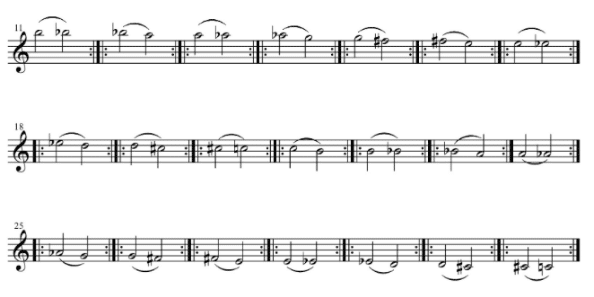
2. Scales and Finger Exercises
Scales are those things that all musicians love to hate. I remember hating learning scales for my music exams when I was younger, it was always a chore I had to complete before I could play the fun pieces. So what happens when a child becomes a professional musician? Why do they suddenly forget their hatred for scales and enforce it on their students?
Possibly because scales are the one thing that can make or break you as a recorder player. Almost every piece of music is made up in parts, from a scale. So you may not realise it, but listening to music means listening to many different scales. That means playing music means playing many different scales. It really is that important.
By knowing your scales well, your muscle memory will instinctively know how to play fast runs without needing to spend hours practising it. As a recorder player, this is very helpful as we are often asked to play fast, virtuosic music as soloists.
Every piece is set in a ‘key’. Every key has a different number of sharps or flats, and to start with it can be tricky to remember all the configurations. Scales help with this; every scale is different BECAUSE of the sharps and flats, so once you know the scales, you should know the keys. This then gives you a sixth sense where you can feel your way around the recorder, and know which notes are likely to be right, and which are likely to be wrong.
Have you ever seen someone sight-read a complicated piece and wondered ‘how did they do that?’ The answer is patterns. When reading music, we end up reading a series of patterns, not each individual note. It’s exactly the same reading this paragraph. Did you realise I swapped the G and A around in the middle of the word ‘paragraph’? Thought not!
Start off with these major scales. Try playing them whilst standing in front of a mirror so you can check that your fingers are staying close to the keys at all times.
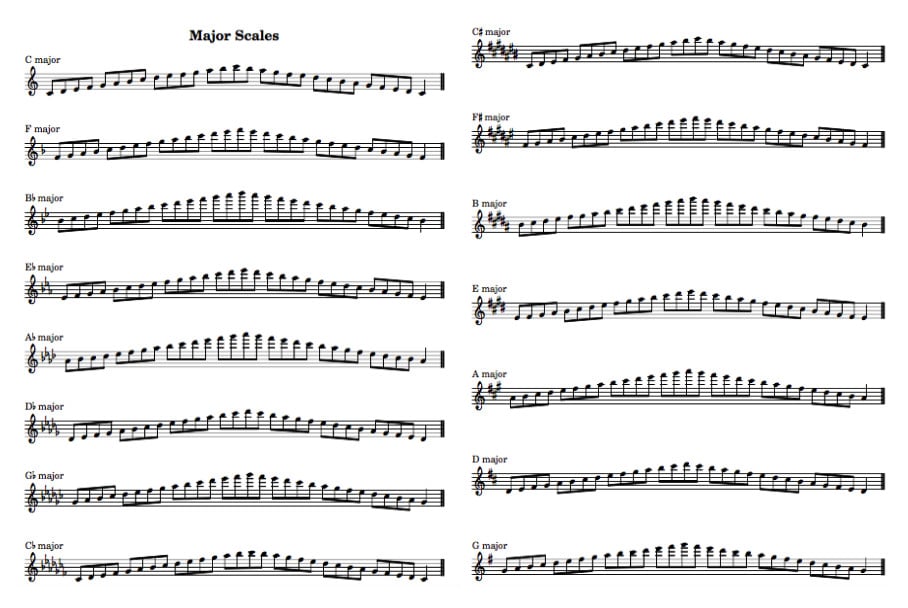
3. Articulation Exercises
Articulation is how we start our notes and we articulate on the recorder using our tongue. Using different consonants can change the way the note starts. Most players start with a ‘tu’ or ‘too’ but it is also possible to start notes with a ‘du’ ‘te’ ‘ ke’, ‘gu’ and many others. Why don’t you try out these attacks on your recorder now using the rhythm below?

With articulation as with lots of musical techniques, variety is the spice of life. Depending on what style and character of music you are playing, you need to select an articulation which will suit it best. Hard sounds like ‘te’ and ‘ke’ will work well for accents and strong notes, whereas a ‘du’ might work better so a softer, smoother note.
You can also practice speeding up your articulation using the short exercise below. It helps to keep your tongue movements small and light. Practice articulation for short periods at first and then for longer as you build up your stamina.

Bonus Tips...
Sight Reading
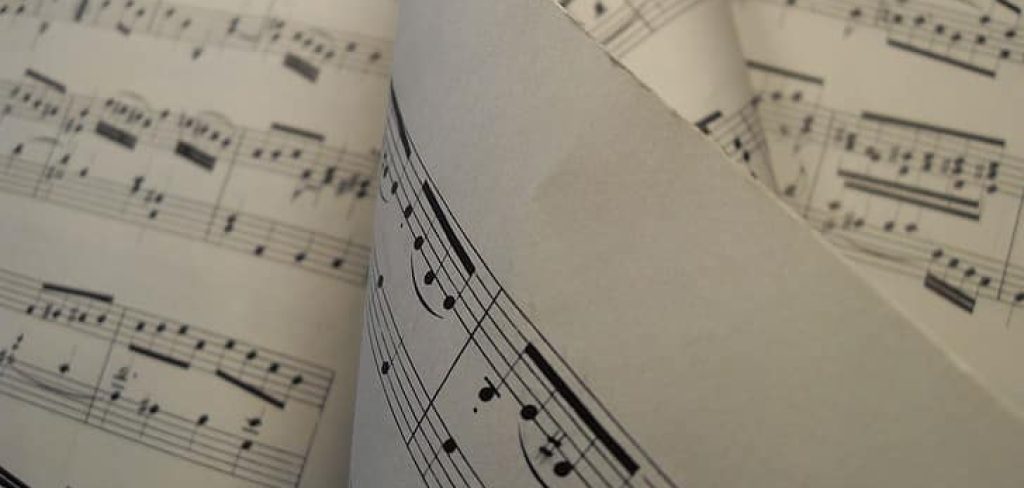
If you can, you should try and sight-read every time you practice.
When sight-reading, it’s advised that you read something just under your current playing level. This way, it’s a challenge, but not too much of a challenge…
Just don’t fall into the trap of reading something that’s too easy – your sight-reading won’t improve if everything is a walk in the park!
And I know this sounds obvious, but remember; for it to be sight-reading; it needs to be a piece of music you have never seen or practised before.
Improve Your Recorder Technique - Summary
Most things in all-consuming purpose well when you set aside the effort to design them. Playing the recorder, and improving your strategy, is no different. Challenge yourself consistently – and recall that building a solid method is the establishment of your playing. The time taken here will make your life simpler and you’ll be playing like an expert in no time…
About the Author
Chloë Vincent
Twitter - @chloeflute
Precisely What Is 4 Feature Friday?
Each week, on a Friday, I send the four Feature Friday mail. It’s a very simple idea that contains four excellent things I”ve found that week.
As long as it’s music connected, it could land in the e-mail. New music, strategies, products, reviews – anything at all.
But you’ll only get yourself a copy of the email if you gain entry below.
Read the next post in this series:




